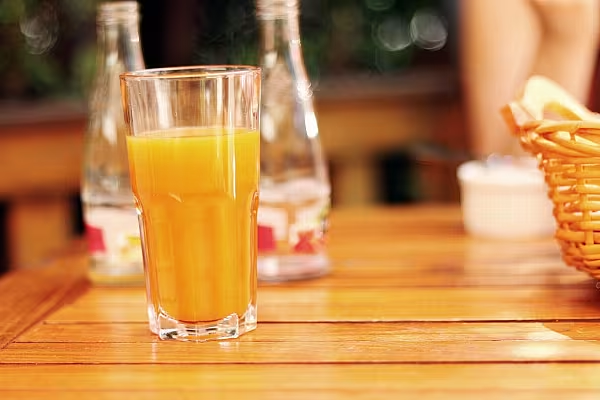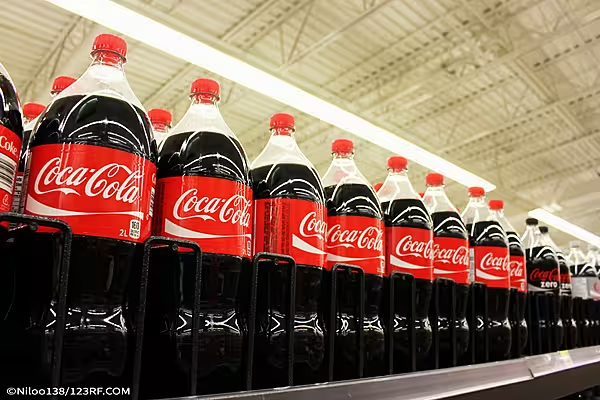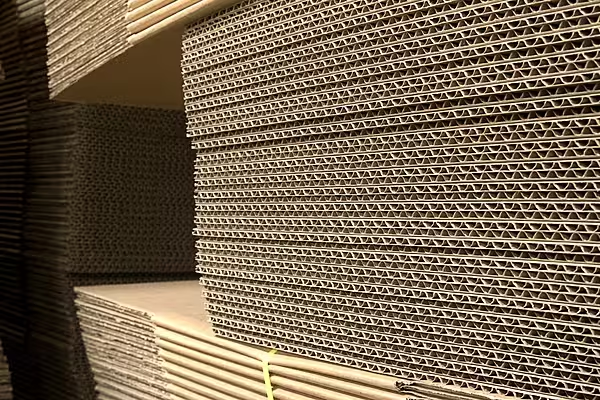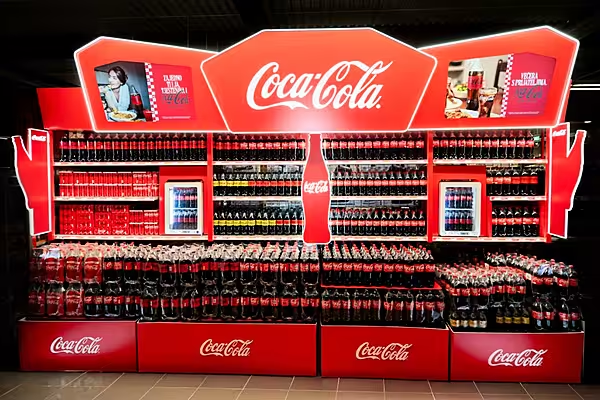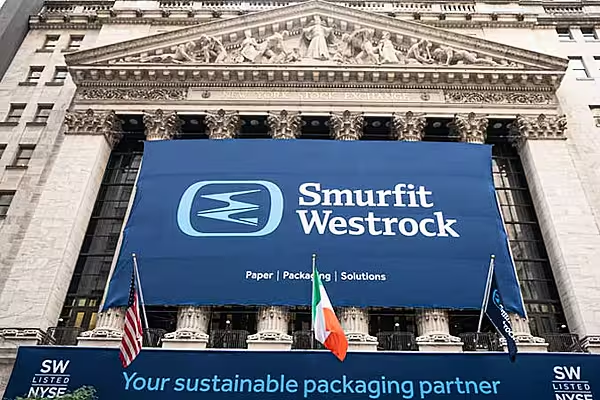A study by University of Massachusetts Amherst, published in the Sustainability journal, has revealed a discrepancy between consumer perceptions and the actual sustainability of orange juice packaging materials.
The study, titled Unpacking Consumer Preferences: Perceptions and Sustainability of Packaging Material for Orange Juice, surveyed 847 respondents to understand their preferences regarding packaging options.
Packaging Sustainability
'The sustainability of packaging material is not only based on its impact on the environment but also considers additional factors such as cost and effectiveness,' the study noted. 'Thus, understanding consumers perceptions of the sustainability of packaging materials and the factors driving packaging selection is important to achieving sustainability goals.'
While respondents overwhelmingly preferred glass packaging, believing it to be the most sustainable choice, the study suggests that this perception is not accurate. Glass was rated as the most sustainable by participants, followed by carton, aluminium, and plastic.
The ideal orange juice option, according to consumers, was one packaged in glass, labeled as 100% recyclable, locally produced, and priced at $1.10 per 12 fl. oz. Price was cited as the key purchase consideration for consumers, ahead of the packaging type used.
However, in conducting their research, the authors found that that the the production and end-of-life impacts of plastic are less than that of glass production and recycling are more energy-intensive, and glass containers are heavier, which increases transportation energy costs. In contrast, aseptic packaging is more energy-efficient both in production and transportation, they noted.
Education Initiatives
'Despite glass being idealised as being the most sustainable, other packaging types may be more sustainable,' the study noted. 'These results suggest that, in terms of sustainability, consumers perceptions do not reflect current assessments of sustainable materials.
'It is recommended to consider education initiatives to direct consumers to more sustainable choices, while considering that purchase intention and effectiveness perception are key attitudinal drivers.'
